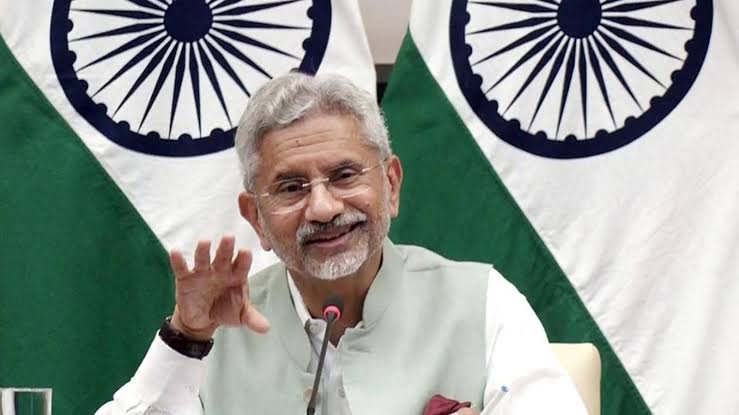A recent controversy has erupted between the Bharatiya Janata Party (BJP) and the Indian National Congress over allegations of eliminating patriotism and promoting the concept of ‘Mughalistaan’ in school textbooks. The heated exchange between the two major political parties has highlighted the ongoing battle over historical narratives and ideological interpretations in the Indian education system.
The BJP has accused the Congress party of attempting to erase patriotism from textbooks and replace it with a glorification of the Mughal era. According to BJP leaders, this move is a deliberate attempt to rewrite history and undermine the contributions of nationalist figures who fought for India’s independence. They argue that such a curriculum promotes a distorted version of the past, ignoring the struggles and sacrifices made by Indian freedom fighters.
On the other hand, the Congress party has refuted these allegations, asserting that the textbooks aim to provide a more inclusive and diverse perspective on India’s history. They argue that acknowledging the contributions of various historical figures, including those from the Mughal era, does not diminish patriotism. Instead, it fosters a broader understanding of India’s rich cultural heritage and the complex tapestry of its past.
This clash over textbook content reflects the ongoing battle between competing political ideologies and narratives in India. It highlights the deep-rooted divisions and differences in interpreting the country’s history, especially regarding the Mughal period. The debate extends beyond the mere selection of historical figures to be included in textbooks, touching upon sensitive issues such as nationalism, identity, and communal harmony.
It is important to approach this controversy with a balanced perspective. Education plays a critical role in shaping the minds of future generations, and it is crucial to present a comprehensive and unbiased account of history. A nuanced approach that acknowledges the contributions and challenges of all historical periods and figures can foster a sense of inclusivity and understanding among students.
Rather than engaging in a blame game, political parties should work towards a constructive dialogue to develop a curriculum that reflects the diversity and complexity of Indian history. It is essential to find common ground and prioritize the education and well-being of students over political point-scoring.
Ultimately, the textbook row between the BJP and the Congress highlights the need for a broader discussion on history, education, and the balance between patriotism and inclusivity. It is imperative to foster an environment where multiple perspectives can coexist, allowing students to develop critical thinking skills and a comprehensive understanding of their nation’s past.

